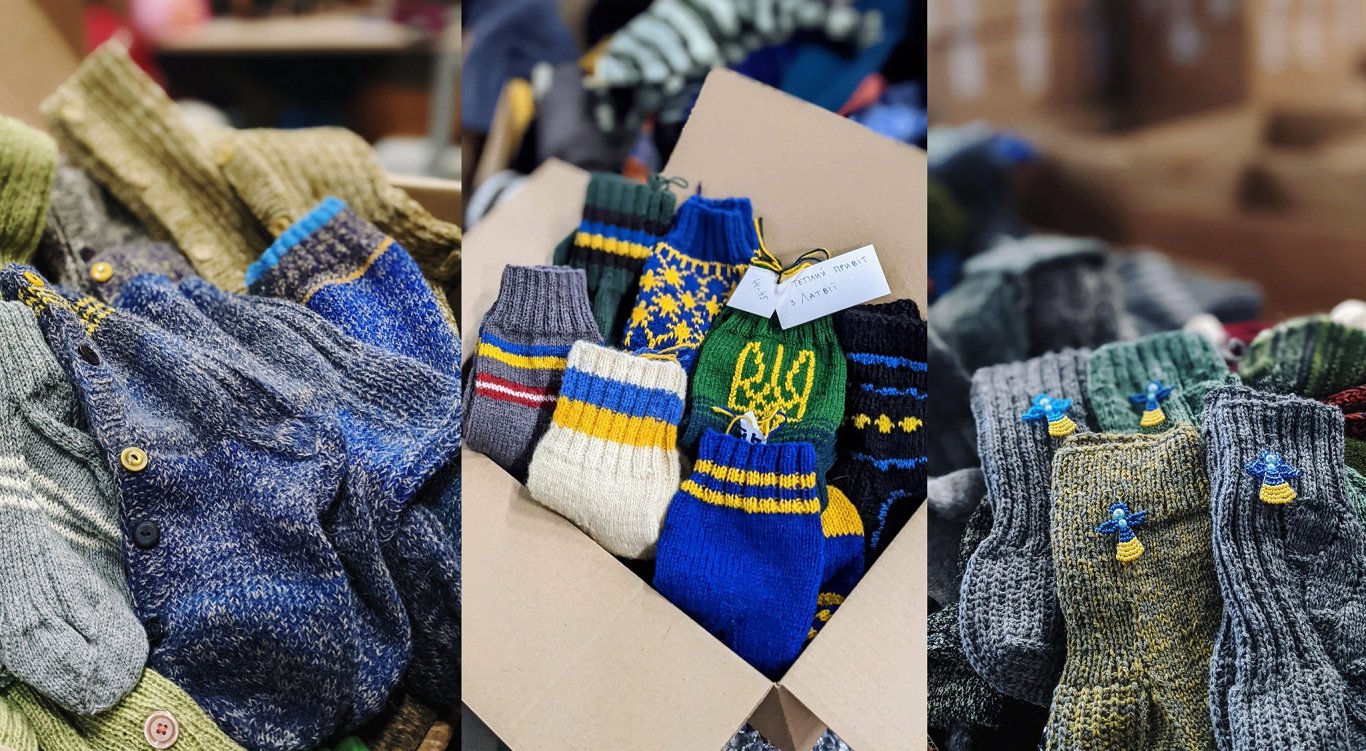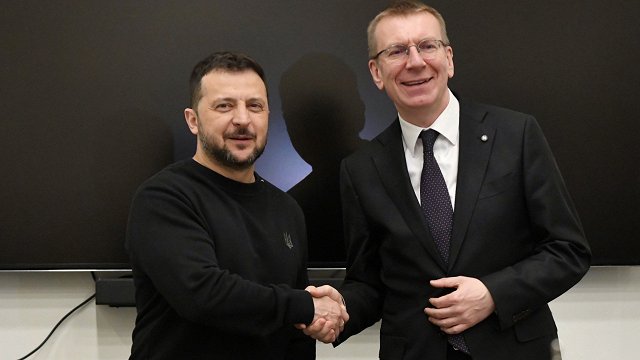The survey was carried out February 27 to March 6 involving 1,011 respondents. The data are representative of Latvian residents aged 18 to 74 who use the Internet at least once a week.
The survey data show that 32% of the respondents think support for Ukraine should be maintained at its current level; 20% think it should be increased, of which 12% think it should be significantly increased and 8% slightly increased.
Meanwhile, 32% of the respondents think that the Latvian support for Ukraine should be reduced of which 9% support a small reduction but 23% would support a significant reduction.
The biggest differences are in the responses sorted by nationality of the respondents and the language used in the family.
According to the survey, only 4% of Russians in Latvia think that Latvia's aid to Ukraine should be increased. Among Latvians, 30% of respondents support this position.
More than half of Latvian Russians (53%) and Russian speakers (55%) agree that Latvian aid to Ukraine should be reduced.
41% of Russians and 44% of Russian-speakers think that aid to Ukraine should be significantly reduced.
This view is also reflected by region: in Latgale where there is the largest proportion of Russian-speakers, half of the respondents (50%) believe that support for Ukraine should be reduced, while in Vidzeme, which is a predominantly Latvian region, this view was expressed by 25% of respondents.
"The part of society that sided with Ukraine two years ago still strongly supports Ukrainians. But the 30% who are against support for Ukraine have never been in favor," says Rūta Dimanta, the head of the portal "Ziedot.lv", in a conversation with LSM.lv.
"It's a matter of conviction: either you are in favor of respect for the international order and the right of peoples to self-determination, or you stick to the Russian imperialist worldview. It is no secret that there are people among Latvians who live in Russia's information space," says Dimanta.
In February, government representatives estimated that Latvia's aid to Ukraine had reached at least €650 million in two years. This includes aid from the government and local authorities, non-governmental organizations, and volunteers.
"This year, Latvia's state aid to Ukraine will exceed €200 million. From the very first day of the Russian war, Ukraine has been protected with the help of Latvian weapons. We are training Ukrainian soldiers. Military aid will continue. It will reach 0.25% of gross domestic product," Latvian Prime Minister Evika Siliņa said.
Deniss Hanovs, a professor at Riga Stradiņš University and a researcher of social integration, remarked that Latvian politicians often communicate the much-needed support for Ukraine with a negative attitude towards local Russians and attempts to show that the majority of Latvian Russian-speakers supposedly support Putin's regime. This also affects the perception of this section of society, as they are given the impression that support for Ukraine is associated with targeting local Russians.
"I think it is necessary to tell more people that Latvian Russians are also against the war, that many of them support Ukraine, that there are a lot of mixed families in Latvia, including marriages with Ukrainians," concludes Hanovs in a conversation with LSM.lv.
He points out that there is currently a very strong polarization among Latvia's Russian-speaking population, which often manifests itself even within the same family.
"Sometimes it comes to such conflicts that family members no longer speak to each other. In my own family, I see that the gap between different generations can be very deep."
According to Hanovs, Russians in Latvia get information about the war in Ukraine from a wide variety of sources: both local media and independent Russian media such as Meduza, but there are also many who still consume Russian propaganda channels.



























